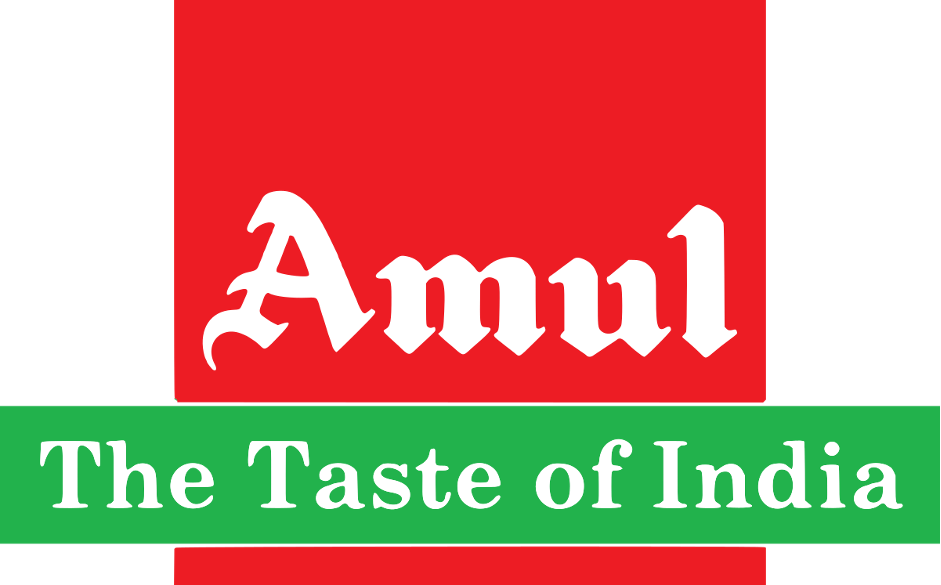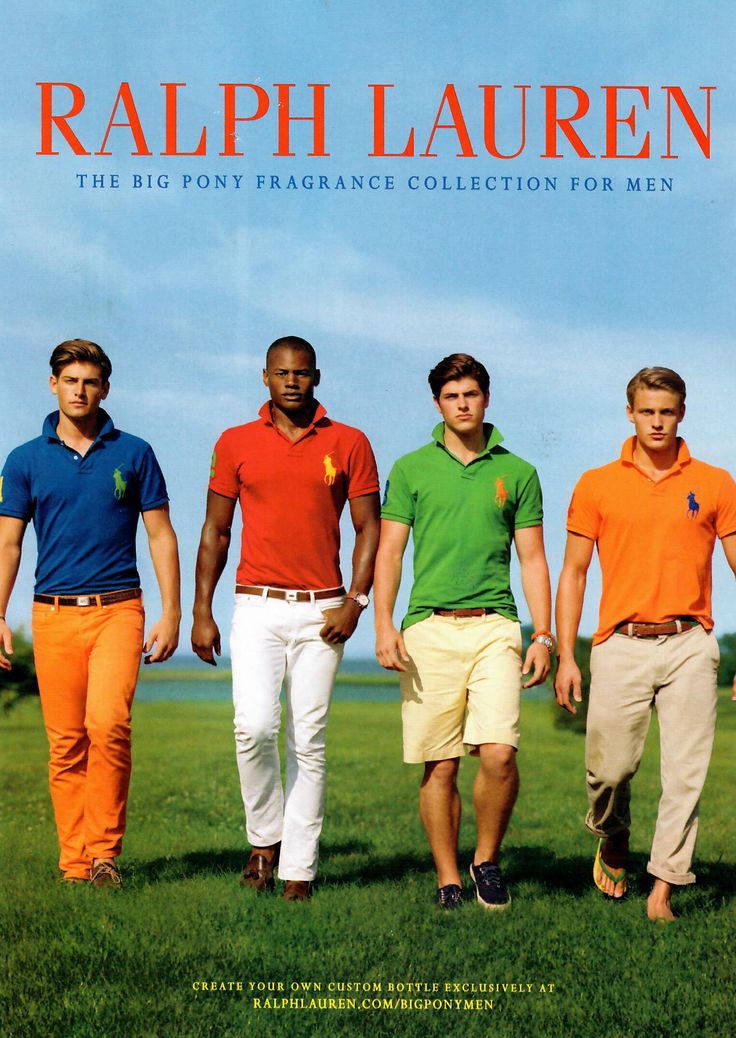Amul – The Mark of India’s Dairy Revolution
The Kaira District Co-operative Milk Producers’ Union, better known as Anand Milk Federation Union or AMUL, is perhaps a brand that resonates with every Indian as a symbol of home-grown pride. The origin story of Amul is reminiscent of India’s own struggle for freedom and self-governance. At a time when the British Polson dairy abused its monopoly in the dairy market, a handful of villages in the Anand district of Gujarat set up a cooperative society under the aegis of Sardar Vallabhbhai Patel and Dr. Varghese Kurien, paving the way for subsequent states to follow suit and soon see the end of the overpowered competitor. What we now know as the white revolution – the nation’s attempt at achieving self-sufficiency in the dairy market – was helmed by Amul.
Now with seventy-five years under the bag, the Amul brand has become synonymous with dairy products in India and abroad. An IP goldmine in its own right, Amul has created a rather unique style of marketing by doing topical advertisements, introducing the Amul girl mascot, and having invested in folk and cultural art forms as a means to advertise their products. The brand manages to keep its image fresh and relatable to the Indian population generation after generation.
It, therefore, comes as no surprise that Amul has had its fair share of IP battles throughout the years. In January of 2012, Amul was in dispute with Nestle over the usage of the ‘a+’ brand. Amul was using a similar brand by the mark of ‘A+’ to market its fortified cheese products. In March 2013, Amul again went to Court against the registration of an Amul Dairy in Kolkata for using a deceptively similar name. Similarly, they had to later stop a Hyderabad based company from infringing the ‘Amulya’ mark for its bakery products. So on so forth, from auto parts manufacturers to hosiery industries, Amul has fought many battles over the years to protect its trademark from being misappropriated.
A major win for Amul came in 2018 when it was declared to be a ‘Well known Trademark’ joining the league of brands like Coca Cola, Microsoft, Bata, Google etc. The Trademark Act defines a Well-Known Trademark to be a mark that has become so prominent to the substantial segment of the public who uses such goods or receives such services that the use of such mark in relation to other goods or services would be likely to indicate that the dissimilar goods & services are associated with the proprietor of the well-known mark. This means that statutory protection is accorded to Amul irrespective, class, usage and registration as it is more prone to infringement attacks. This also means that Amul can be provided protection in jurisdictions where the brand is conducting business outside India as well.
On these lines, Amul recently won a trademark case in Canada. In July 2021 the Federal Court of Ontario granted a permanent injunction against a certain Amul Canada which had been allegedly advertising, marketing, offering for sale, selling, and providing goods identical to the Plaintiffs’ goods in Canada with the trademarks and trade names AMUL and Amul Canada Ltd. through LinkedIn. This verdict solidifies Amul as a brand recognised around the world. It is a testament to the legacy of Dr. Kurien, that the Amul brand has become a household name across the globe.






